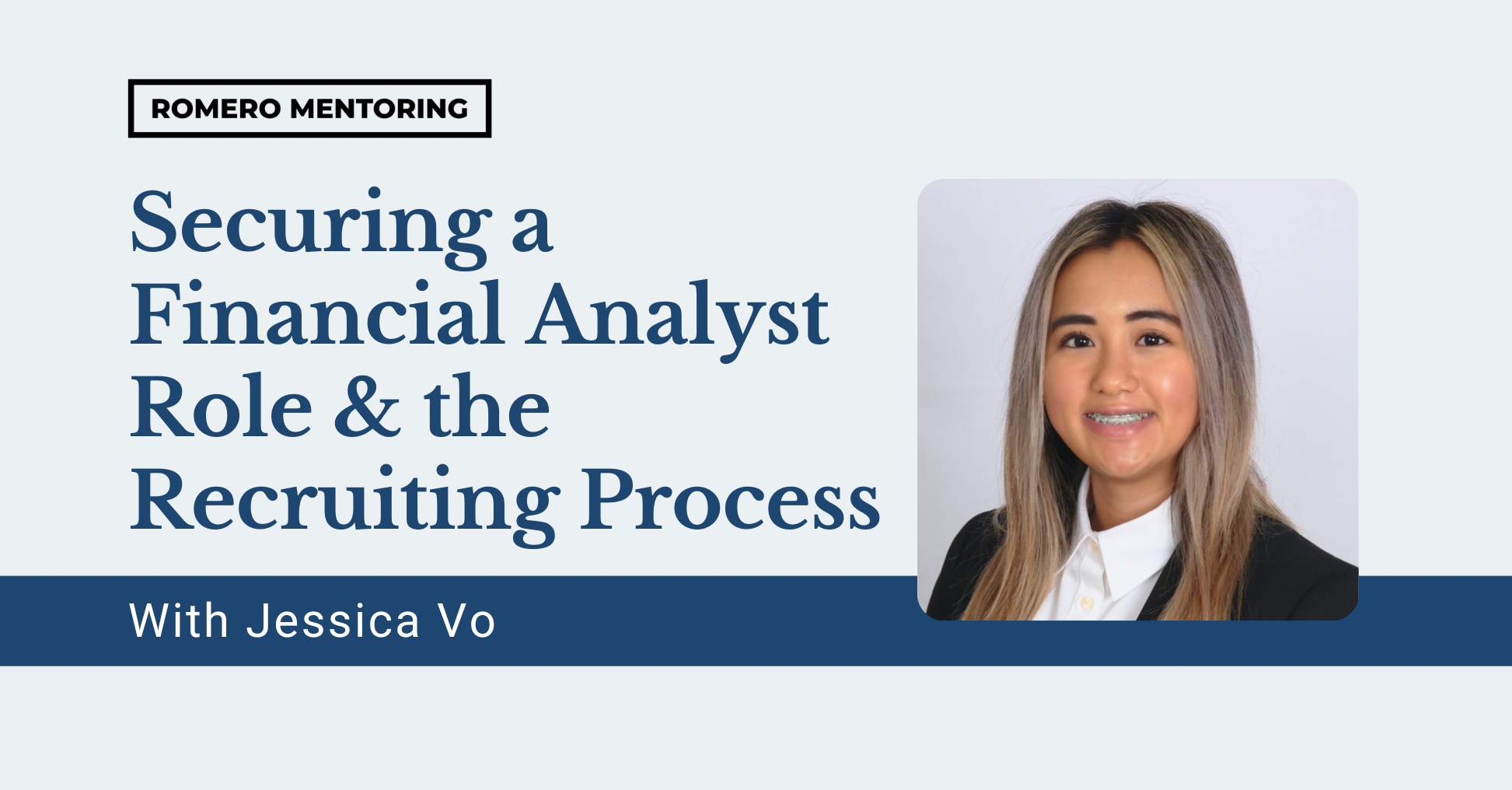Our Analyst Prep 2016 Caterpillar stock price analysis
Description:
Our Caterpillar stock case study explores valuation techniques commonly used by Wall Street professionals. The topics covered provide practical application of the standards and methods professional analysts apply on the job. We discussed and applied valuation analysis to determine if the stock price was undervalued or fairly valued by the market. We also determined if Caterpillar stocks were a buy or sell opportunity back in February 2016.
Topics Covered
- Financial statements modeling and building scenarios
- Valuation methodologies
- Building comparable company analysis
- Choosing the appropriate set of comps
- Source of public information
- Calculating Equity & Enterprise value
- Adjustments: non-recurring items
- Relevant trading / leverage multiples
- Discounted Cash Flow methodology
- Calculating WACC
- Estimating terminal value (exit multiple vs. perpetuity growth rate)
- Determining valuation ranges with sensitivity analysis
- Arriving to an implied valuation range
- Precedent transaction comparable
- Technical analysis
Case Study Overview:
Our Caterpillar Stock Analysis Case Study explores common valuation techniques used by Wall Street professionals to value companies. The case has been designed with “on the job” experience. The primary focus of the case is to teach Analyst Prep students the practical applications of theoretical methodologies. In our case study, we valued the target company and determined whether it was overvalued or undervalued by the market.
The Caterpillar stock case study was carefully designed to teach all the technical skills needed for a career in finance as a financial analyst. These skills are applied by finance professionals each day on the job.
Caterpillar Situation Overview:
Caterpillar stock price had increased 52% from September 2015 – February 2017. The expectation of tax cuts, infrastructure spending, and a positive economic plan by the Trump administration had a positive impact on the overall market, which benefited Caterpillar stock price.
Highlights:
- The company announced a major restructuring plan in Q3 2015 where they plan to close more than 20 facilities, reduce manufacturing floor space by 10%, and reduce workforce by 10,000 jobs. Caterpillar expected to generate about $1.5 billion of annual savings once completed in 2018.
- The 2016 economic environment was challenging due to uncertainty from China & Brazil, continued weak industry demand, oil & gas price decline, depressed commodity prices, and a strong U.S. dollar.
- Caterpillar’s 2016 fiscal year revenue declined 18% due to lower end-user demand for new equipment in the resource industries, construction industries, and energy & transportation industries. The company also experienced goodwill impairment charge of $595 million.
- After the collapse of commodity prices in 2008, Caterpillar’s revenues declined at a 13% GAGR from 2012 – 2016. Management lowered cost through their restructuring plan to weather the decline in the business.
Case Preview:

Build The Fundamental Skills for Careers in:
- Investment banking
- Hedge funds
- Private equity
- Corporate development
- Equity research
What You’ll Learn:
- How to value a company from a professional analyst perspective
- The essentials of discounted cash flow analysis modeling using Excel
- How to perform a sensitivity analysis table
- Terminal EBITDA & DCF valuation methods
- Perpetuity DCF valuation method
- Football field analysis
- How to perform company due diligence
- How to spread trading comps
- How to determine Caterpillar stock price target
Who This Case Study is For:
- Any student looking to learn advance financial analyst skills
- Anyone looking to acquire the core technical and soft skills professionals on Wall Street implement on the job
- Anyone who wants a career transition into finance
- Entrepreneurs who want to develop their professional skills and grow a business
- Anyone looking to learn financial modeling, company valuation, and stock analysis skills
Romero Mentoring’s Analyst Prep Program

The Analyst Prep Program teaches the technical and practical skills that investment banks, hedge funds, and private equity & consulting firms look for in a candidate. Students begin with little to no technical skills and develop into fully prepared professionals who can perform as first-year analysts from day one through the program’s training and internship.
Our Story
Luis Romero, founder of Romero Mentoring, spent five years developing an analyst training program that he wishes he had when he was in college – especially one that gave him access to a complete training and finance internship experience that could advance his career. Since no opportunity like this existed to him at the time, Luis went through a stressful recruiting process like so many others have. He successfully landed a full-time job offer upon graduation and worked as an M&A analyst at Credit Suisse in NYC for two years. He then moved to the buy-side as a junior trader and analyst. After gaining experience there, he created his own fund, Romero Capital, and later become an instructor in financial modeling and valuation. After working with hundreds of professionals and analysts, Luis became committed to creating his own mentoring program because he understood the crucial need for a hands-on, personal experience in the competitive world of finance.





